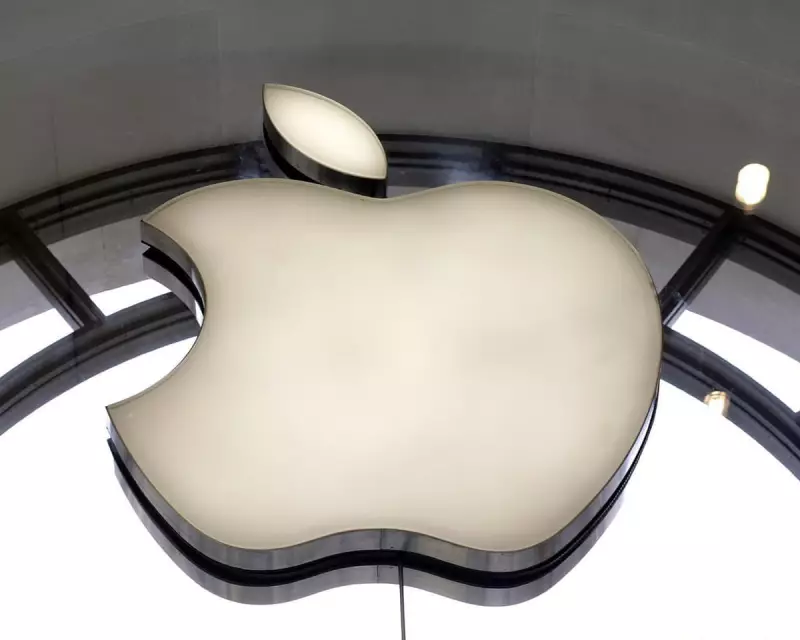
In a stunning admission that signals a significant climbdown, the head of the UK's intelligence services has revealed the government has abandoned its long-standing demand for US-based tech firms like Apple to hand over encrypted user data.
The controversial policy, a cornerstone of the UK's post-Brexit security strategy, has been effectively shelved after facing insurmountable legal and diplomatic hurdles. The spy chief's confession marks a major victory for privacy advocates and a humbling moment for Westminster's surveillance ambitions.
A Battle of Wills: Privacy vs. Security
For years, British security services argued that access to end-to-end encrypted communications on platforms like iMessage was essential for national security and combating serious crime. They insisted that US companies operating in the UK should comply with domestic warrants, regardless of where the data was stored.
This stance put them on a direct collision course with Silicon Valley's staunch defence of user privacy. Tech giants, led by Apple, repeatedly refused to create so-called 'backdoors', arguing they would weaken security for all users and could be exploited by malicious actors.
Why the UK Government Backed Down
The retreat appears to have been forced by a combination of factors:
- Legal Impasse: The US CLOUD Act creates a legal framework that largely prohibits American companies from handing data directly to foreign governments, mandating they go through US courts instead.
- Diplomatic Pressure: A direct request to the US under a mutual legal assistance treaty (MLAT) was reportedly rebuffed, highlighting the limits of the 'special relationship'.
- Commercial Realities: Fears of retaliatory measures from the US, a key trading partner, and the potential for tech companies to withdraw services from the UK market proved too great a risk.
The New Reality: A Diplomatic Pathway
Instead of direct access, the UK will now be forced to navigate the existing, albeit slower, diplomatic channels. This means formally requesting data through US authorities, a process that can be lengthy and is subject to American judicial oversight.
This outcome is being hailed by civil liberties groups as a crucial defence of fundamental privacy rights in the digital age. It establishes a clear precedent that a user's data is protected by the laws of the country where the company is headquartered, not necessarily where the user is located.
The capitulation leaves a lingering question about the future of the UK's Investigatory Powers Act (IPA), much of which is now seemingly unenforceable against US tech firms. This episode serves as a stark lesson in the limits of national power in a globally connected digital world.





